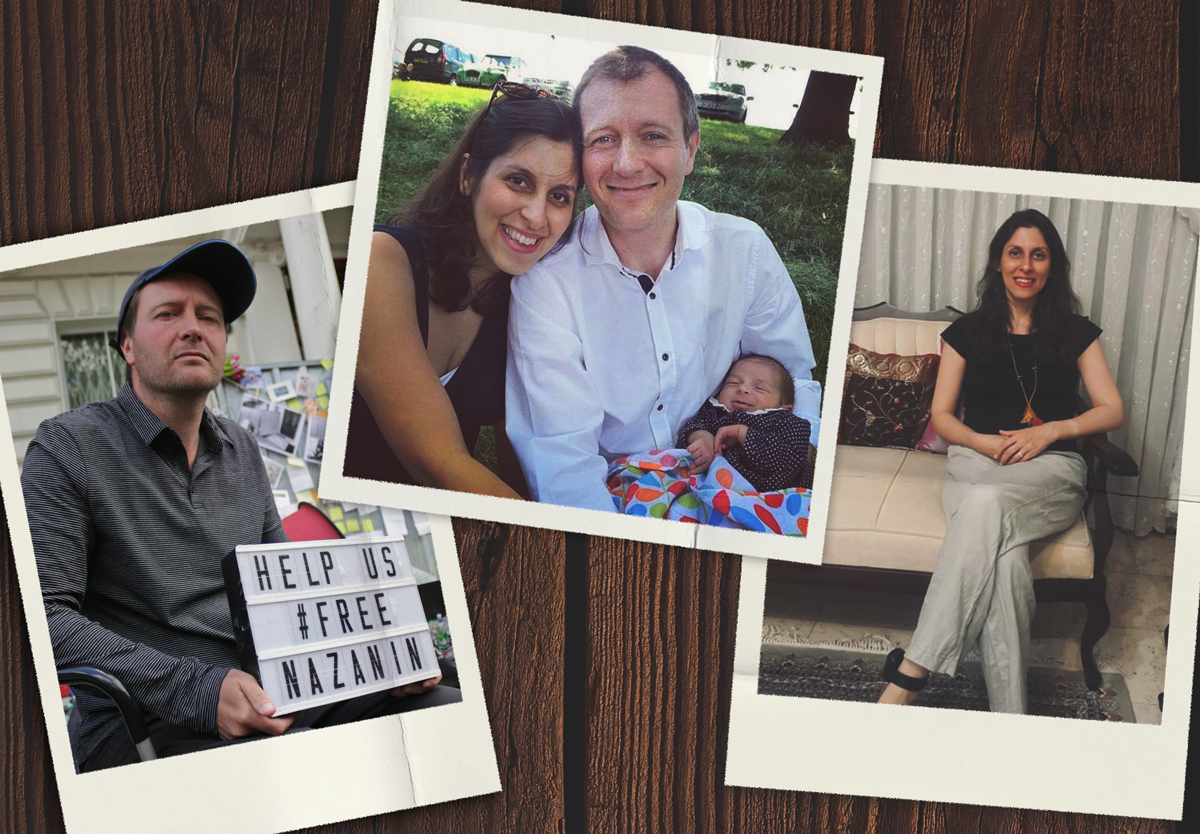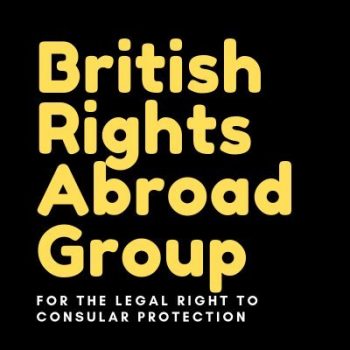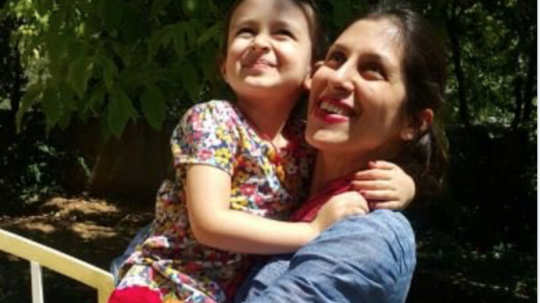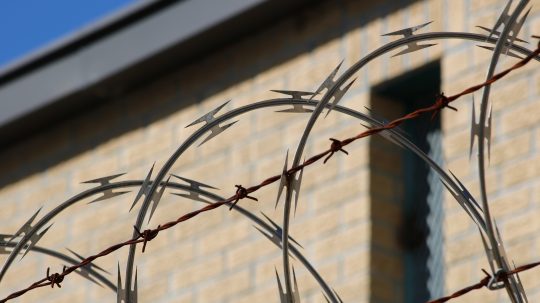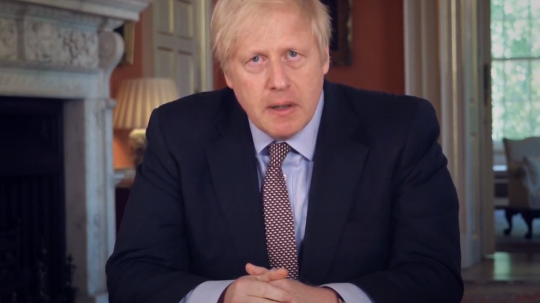Describe what you do in 15 words or less?
Well, my day job is being an accountant. But mainly these days I campaign for my wife, Nazanin Ratcliffe, to bring her home.
What advice would you give to a ten-year-old-you?
Our lives have taken a very strange and unexpected direction. I think just being honest with yourself and being honest with others and being respectful of others.
Some of the relationships that I had when I was ten are actually now quite important again, in a way that they weren’t five years ago. Life takes strange twists and turns. We get through it through the help of all my friends.
When I was on hunger strike I met all my old school friends, some of whom I hadn’t seen for 30 years in some cases. Some of them were hard to recognise. We all look a bit different from how we looked when we were 10.
What would you say was the most important lesson you learned in the last few years?
The importance of kindness. At one time I thought campaigning was about speaking with a loud voice, asserting your point and getting people to hear you.
But actually, it’s the value of people caring and being kind and just reaching out and connecting and sharing. And I don’t think I’d appreciated how important that is for keeping you going … for resilience and for solidarity.
A lot of campaigning can feel like it’s a megaphone … but being part of a community is probably more important long term.
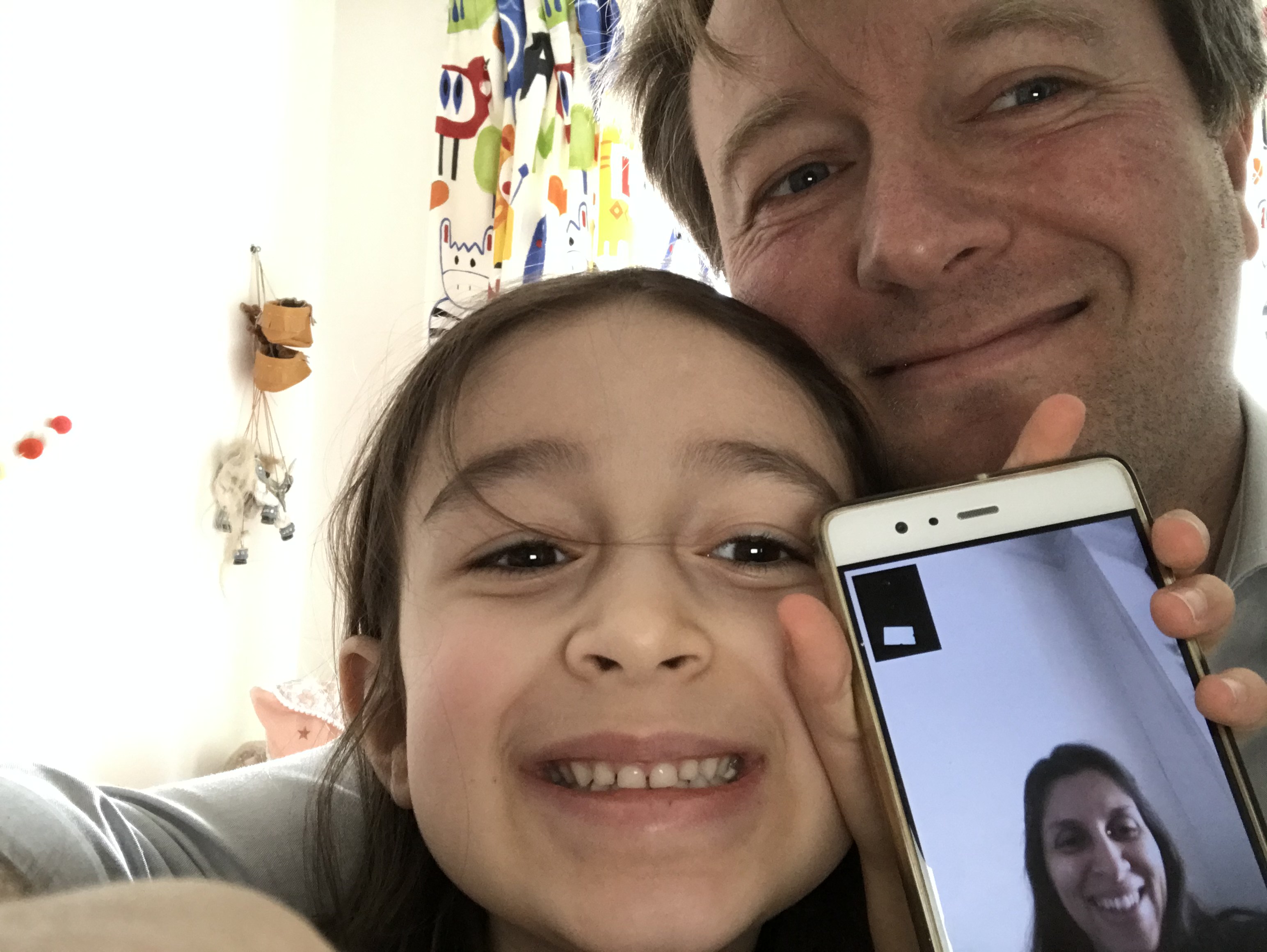
In October last year, Richard was united with his daughter Gabriella for the first time since April 2016. Credit: Richard Ratcliffe
And what about during your hunger strike?
I found that I felt hungry and rigid for the first two days but my body slowed down and I got used to it.
I probably got slower mentally and slightly more volatile in my emotions. So I learned to not do any interviews in the evening. You’d get pretty angry stuff if you put a microphone in front of me.
We did a hunger strike in front of the embassy. We did it to be annoying … to be visible, a conspicuous kind of suffering. Nazanin was doing one inside prison, but no one could see it. It did annoy the Iranian authorities much more than I was expecting. They were trying to get the police to drive us off and they tried to build a barricade to block us off.
It was interesting enough that we had quite a lot of media coverage come in and film and that provoked lots and lots of people to come down partly just to sort of show solidarity and to say: “listen, we’ve been following your story from afar. Lovely to meet you. Good luck, keep at it.”
They would write a little message on the business book or on the wall. We had all sorts of people coming down and sharing their kindness and bringing flowers.
An awful lot of Iranians came down. And typically when we do demonstrations, we don’t have many Iranians there because there’s cameras there, so it’s quite exposed.
But we had so many people coming down just wanting to share their own stories … and some of their families’ stories were worse than ours. I found that a really enriching, privileging experience … to have all that kind of care and kindness. It almost felt like we were the sort of little grit in the middle and this little pearl of kindness was built around us, which was lovely.
So, although I was getting more and more irritable and less good company it was actually a really nurturing experience.

